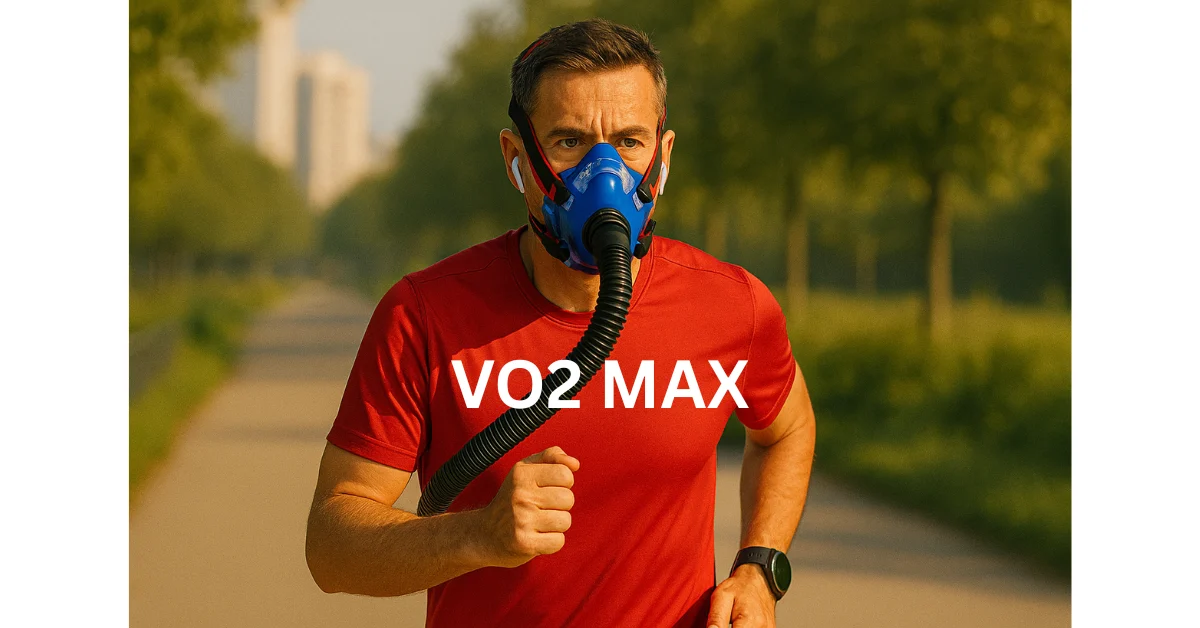Medical Tests for Runners
It is common for runners to train as if their body’s resources were infinite. You always want to progress: faster numbers, longer and longer distances.
It is better not to go to extremes because the side effects of not paying attention to yourself are injury, overtraining, fatigue, and many unpleasant consequences that only doctors can determine.
We believe that the principle of “I don’t know means you don’t have it” is not to your liking, so we have collected a list of reminders of what a runner should check at the beginning of the active season or at least once a year. And not just to get a certificate for a race.
1. General Blood Test
What to take: Fasting venous blood.
What for: to show if everything is in good health
Everyone should have this test once a year—it’s not for nothing that a visit to the GP starts with this simple test. The blood test checks the levels of white blood cells, red blood cells, hemoglobin, and platelets.
If something is wrong, the indicators will point to possible viral, bacterial and parasitic infections, signs of inflammation, kidney disease, liver disease and even blood cancer (leukemia).
Pay attention to the hemoglobin level: it is found in red blood cells and carries oxygen. Low hemoglobin levels are not enough even for the simplest things, so its level should be kept normal for effective training and life in general. Worse loads are “digested” with iron deficiency. Sports people have an increased need for it – muscles need a lot of oxygen and myoglobin (a protein found in the muscles and heart muscle – myocardium). To determine the iron level, you need to take a ferritin test.
According to doctors, one in four people has an iron deficiency. Even with a balanced diet, the intestine or liver can not adequately absorb and store iron. Iron loss in women may be associated with heavy menstruation.

2. General Urinalysis
What to take: morning urine.
What for: it will show if your kidneys and liver are doing well.
The lab test will show how your kidneys and liver are working and whether there is possible inflammation, infection or diabetes. Kidney problems increase the strain on the heart, so you must be careful if persistent discomfort appears.
When running long distances, temporary kidney disease may occur due to the heavy load, but this condition should pass as you recover. If the urine analysis is not perfect, you should see a nephrologist (urologist) to find the causes of ill health and consult on the amount of drinking and the level of exertion.
3. Blood Sugar (glucose)
What to take: fasting venous blood, no carbohydrates in the evening.
What for: will show if insulin is okay and if there is no threat of diabetes.
Typical values: 4.1-5.9 mmol/L
Fasting glucose levels should be stable. If they are high, it is better to see an endocrinologist—it may be a sign of diabetes or metabolic disorders.
High blood sugar is not a reason to stop exercising. Studies show that evening jogging can help lower sugar levels and prevent diabetes.
4. Cardiogram and Ultrasound of the Heart
What you need to do: make an appointment with a cardiologist.
Why: To check your heart rhythm and myocardial health.
Visits to a cardiologist are necessary for both beginners in running and experienced athletes because the load on the heart increases during running. Whether the body usually copes, how the heart beats, and whether there are no myocardial lesions – it is necessary to know everyone and everyone.
There is an opinion that you can not do sudden movements with a sick heart. This is not true: with an unhealthy heart, it is recommended to walk a lot, and with constant training, well-being will improve. The main thing is not to sit on the couch.
Running for healthy people has a positive effect on the state of the myocardium, helps to increase the possible release of blood, and puts the rhythm of the heartbeat in order. But if you run unbearably large volumes and do not watch your “motor”, the heart may develop malfunctions: fibrous scars, clogged arteries, or calcinates in them.
5. Blood Pressure
What to do: buy a blood pressure monitor / check your blood pressure at a pharmacy or health center.
Why: It can cause headaches, weakness, and palpitations.
Typical values: 100-110/70 to 120-140/90
Blood pressure should be stable throughout the day, regardless of exertion. High blood pressure (hypertension) is associated with the risk of heart attack, kidney disease,e, and age-related changes. Salty, sweet, and fatty foods and dehydration also increase the risk. Research shows that long-distance running reduces blood pressure slightly, but exercising on a hot day with high blood pressure is not advisable.
Frequent signs of low blood pressure (hypotension) are weakness, dizziness, and leg trembling. However, many people live quietly with low blood pressure all their lives, and similar signs are observed when the blood sugar level drops sharply.
6. Cholesterol
What to test for: fasting venous blood.
What for: shows cholesterol levels and risk of cardiovascular disease.
Cholesterol is a fat-like substance used to build all cells in the body. It is indispensable for synthesizing corticosteroids, sex hormones, vitamin D, and bile acids.
In the body, cholesterol is carried by proteins – lipoproteins. Their level indicates susceptibility to heart and vascular disease: too much low and very low-density lipoproteins (LDL and VLDL) indicate the likelihood of developing a common vascular disease – atherosclerosis.
7. Creatinine and Creatinine Kinase
What to test for: venous blood.
What for: kidney health, overtraining.
Creatine is used by muscles in contraction as a source of an uninterrupted supply of fuel. Creatinine is a derivative of creatine excreted by the kidneys: too high a level signals kidney failure. This condition can be temporarily triggered by overexertion, ibuprofen, and other anti-inflammatory drugs.
Elevated levels of the enzyme creatinine kinase are a marker of muscle damage and overtraining.
8. Thyroid Hormone Test
What to get: Venous blood is needed for the thyroid hormone.
Why: The test will show a deficiency or excess of thyroid hormones.
Thyroid hormones (thyroid hormones influence metabolic processes, the state of the immune system, working capacity and endurance. These hormones determine whether we freeze or sweat, whether we tend to gain weight and how anxious we are. Normal thyroid function depends on a hormonal background and sufficient iodine in the diet.
The hypothalamus, the highest regulator of the neuroendocrine system, is located in the brain and is responsible for thyroid hormone levels. When thyroid hormone levels become too low, the hypothalamus sends a signal: Thyroid hormone. If there is too much thyroid hormone, on the contrary, thyroid hormone levels are greatly reduced.
Runners often have an excess of thyroid hormones. In case of any abnormality, it is better to consult a doctor.




